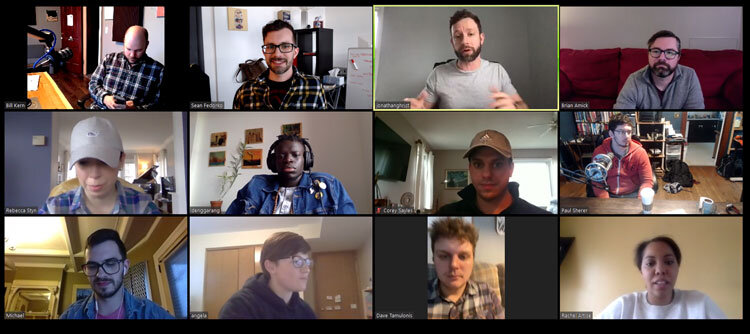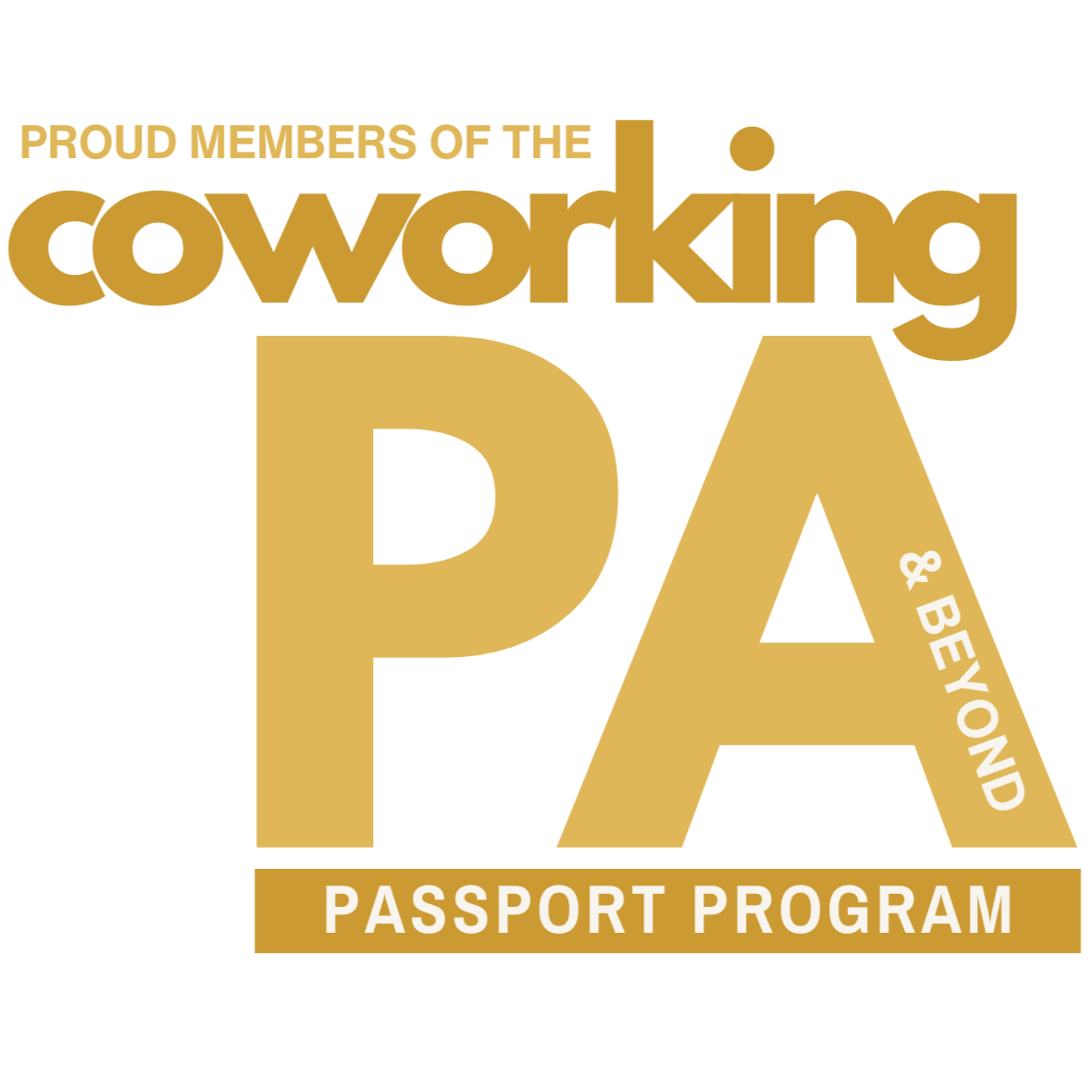Re-establishing Our Weak Ties
/Shaking hands after you’ve closed a deal. A quick hug when you run into your friend at the grocery store. Catching up with a colleague at their kid’s birthday party. We took the joy and connection from these fleeting moments for granted until COVID-19 suddenly stripped them from our lives. For those of us in coworking communities, it was the binding power of “weak ties”—the interactions with the people we “kind of know,” that we started yearning for.
There is serious strength in what sociologists refer to as “weak ties.” The tidbits of information all of our members know about each other weave an elegant tapestry of business and personal connections. Now that the pandemic restrictions are lifting, it’s time to patch and darn our social fabric that is our network of these “weak ties.”
If you’re unfamiliar with the term, Radius has you covered. We’re going to define them, describe them, and explain how and why they’re important to coworking, business, and quality of life.
What Are Weak Ties?
Weak ties are a kind of interpersonal tie, or connections you form throughout your life, that correspond to casual relationships with acquaintances. It’s the people you talk to while pouring yourself a cup of coffee in the breakroom, the bartender who knows your name and favorite drink, or the community manager at a coworking space who greets you in the morning.
Why Do Weak Ties Matter?
In 1973, Mark Granovetter, a sociologist and professor at Stanford University, wrote a journal expressing the importance of forming weak interpersonal ties. Granovetter’s theory asserts that “small-scale interaction becomes translated into large-scale patterns, and that these, in turn, feed back into small groups.” Simply put: The seemingly trivial interactions we have with the people-we-kind-of-know can have a profound impact on our lives.
In fact, Granovetter’s work shows how weak ties can be just as crucial as strong ones (such as your friends and family) given that they provide opportunities to connect with a significantly increased number of people. They can increase the likelihood of getting a job (one which is typically higher paying and more satisfying), earning a promotion, winning a contract, and enjoying more social amenities. But also, weak ties serve as bridges between networks with only strong ties.
Peripheral connections also help us form a bond with our community, introduce us to new ideas and information, and remove us from the painful redundancy of our closed networks.
Being Mindful About Weak Ties
It’s important to keep several ideas in mind as COVID-19 restrictions sluff off our cities like old skin. Number one, going back to “normal” shouldn’t be in your playbook. Move forward. Because here the truth: America had a loneliness problem far before the pandemic.
Which segues into number two: be thankful for the people around you and realize how vital friendships are. From the barista that knows your usual go-to to the coworking member who asks how your weekend was, each of these interactions are important to your sense of community and your future professional prospects.
Granovetter’s work showed that people with weak ties find more, better, and oft-unlisted jobs. Case in point: a staggering 40 percent of jobs are found via referral. However, and here’s where we need to get especially mindful about not going back to “normal,” hiring based mainly on referrals can lead to a severe lack of diversity within organizations.
This issue is especially prevalent in white-collar jobs, where people’s networks are typically formed through their time in college and other white-collar positions where, as you may have guessed it, people are mostly white.
Think about Silicon Valley—if the West Coast were a bread aisle, the San Francisco Bay Area would be a loaf of Wonder Bread. A recent study by Stack Overflow found that 68.3% of developers are white.
One of the many issues that this figure points to is our previous lack of diversity in our weak ties. As we move out of pandemic-times, it’s important that we strive to extend our peripheral circle to more people of color, ethnicity, sexual identity, gender, and religious beliefs.
Coworking Spaces: The Textiles of Weak Ties
At their most basic, coworking spaces offer places for freelancers, remote workers, and small business owners and employees to work and benefit from the economies of scale. On a deeper level, they’re places for people from different backgrounds to come together, share new ideas, pass on knowledge, and forge a community of interpersonal ties—some strong, some weak, but all vital.
Whether through day-to-day office work or community run happy hours, we’ve watched icebreaker conversations turn to genuine interest. These weak ties turn into friendships, job opportunities, and new business ventures.
*Side note: For all you current and future Radius members, be sure to strike up a conversation with someone new at the next happy hour, luncheon, or show ‘n’ tell!
Not only can weak ties lead to new opportunities and a burst of knowledge, but they can also assist business owners in hiring new employees. Everett Harper, the CEO and co-founder of Truss, a software development company with an incredibly diverse workforce, recommends that you “find employees with weak ties outside your company’s immediate network and determine which of those weak ties are bridges to new networks with diverse candidates.” For instance, tech startups should consider finding new talent at:
A diverse workforce is crucial to developing new ideas and ensuring that those ideas are appropriate and understand your customers’ needs. Differences in the way people think, feel, and complete tasks can boost productivity and creativity.
A Common Thread
Coworking spaces are hubs for forming weak ties. Radius Coworking currently has nearly 150 members, all from different walks of life. But they all have a common thread: They’re all here to work hard, enjoy their day, and connect with people. If you’re looking to engage with your community, extend your network, and support others in their professional endeavors, come join us.






